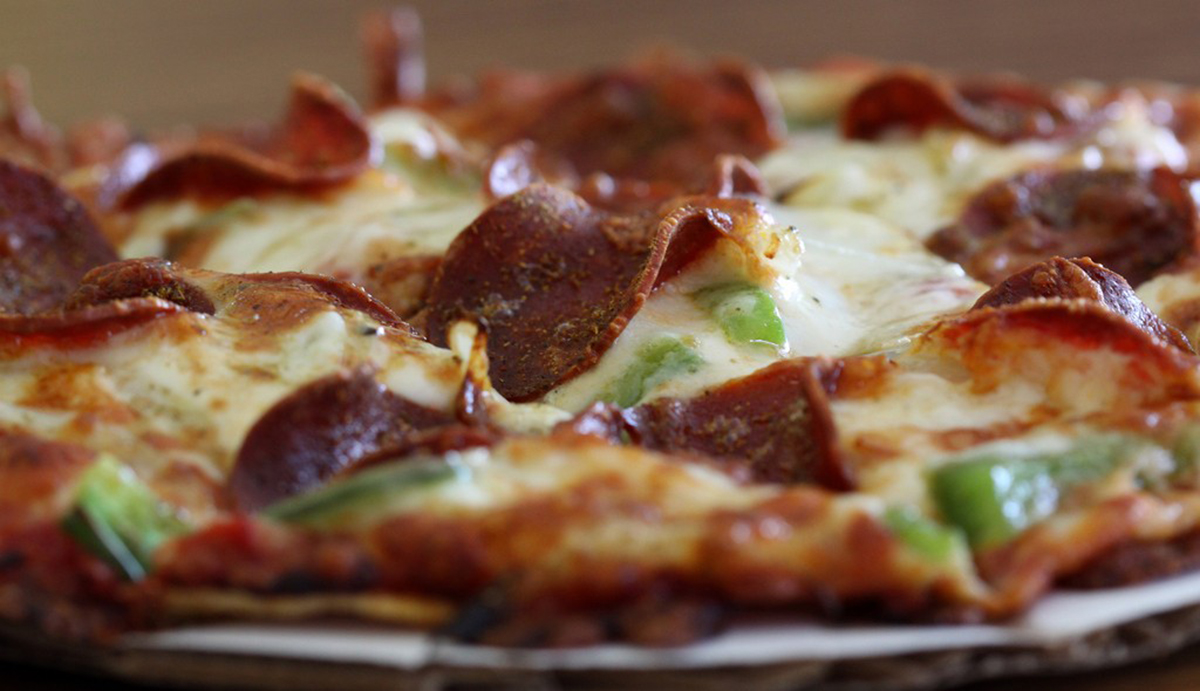Table of Contents
Despite all the information regarding gluten-free diet and weight loss, there is no scientific evidence indicating a causative relation between following a diet free of gluten and the weight loss. In fact, several studies performed in gluten-intolerant patients that were overweight or obese have shown that they tend to gain weight under a gluten-free diet.

There are no studies of the effects of a gluten-free diet on healthy individuals, so we cannot really tell if this type of diet would be helpful in the weight loss process.
Gluten free products
Then, why do people believe that by cutting out on gluten will help them loose weight? Wheat also contains carbohydrates, including inulin and oligofructose.
Well, they are certainly avoiding gluten and wheat carbohydrates, but they will be surprised to know that they are actually not ingesting fewer calories by going gluten-free.
In fact, gluten-free products tend to have a higher caloric content than regular products. For example, 75 grams of gluten free spaghetti contains 264 kcal, 57.6 grams of carbs and 1.4 grams of fat, whereas regular macaroni contains 200 kcal, 42 grams of carbs and 1 gram of fat.
What you might be missing under a gluten-free diet
Wheat, in general, is an important component of our diet. Both inulin and oligofructose are sugars that participate in the maintenance of gut bacteria and are present in wheat. Gut bacteria protect the intestine from a variety of conditions, including inflammatory and cardiovascular diseases, as well as cancer. They also participate in the control of insulin and therefore, in the control of body weight and food intake.
Gluten by itself is also beneficial. It plays an important role in the control of blood lipid levels and blood pressure, and it is a natural booster of the immune system.
See Also: Gluten Intolerance: The Facts
The gluten-free diet should be seen as a medical treatment rather than an easy, and certainly not cheap, alternative for weight loss. This diet works on people that suffer from gluten intolerance and that are required to follow it to reduce the symptoms of the disease and improve their health and quality of life.
However, there is no evidence that confirms that individuals without gluten intolerance also benefit from this diet. Moreover, there is no evidence that shows that cutting on gluten helps to loose weight. On the contrary, it may promote weight gain and malnutrition. If you are on a gluten-free diet or were planning on taking gluten out of your life to loose weight, talk to you doctor and be careful, as you could be causing more harm to yourself than good.
- COPELTON, D. A. & VALLE, G. 2009. "You don't need a prescription to go gluten-free": the scientific self-diagnosis of celiac disease. Soc Sci Med, 69, 623-31
- CROWE, S. E. 2014. Management of celiac disease: beyond the gluten-free diet. Gastroenterology, 146, 1594-6
- GAESSER, G. A. & ANGADI, S. S. 2012. Gluten-free diet: imprudent dietary advice for the general population? J Acad Nutr Diet, 112, 1330-3
- HALLERT, C., GRANT, C., GREHN, S., GRANNO, C., HULTEN, S., MIDHAGEN, G., STROM, M., SVENSSON, H. & VALDIMARSSON, T. 2002. Evidence of poor vitamin status in coeliac patients on a gluten-free diet for 10 years. Aliment Pharmacol Ther, 16, 1333-9.
- Photo courtesy of Natasia Causse by Flickr : www.flickr.com/photos/123012464@N05/14495484212
- Photo courtesy of Dawn Huczek by Flickr : www.flickr.com/photos/31064702@N05/4493089567


Your thoughts on this